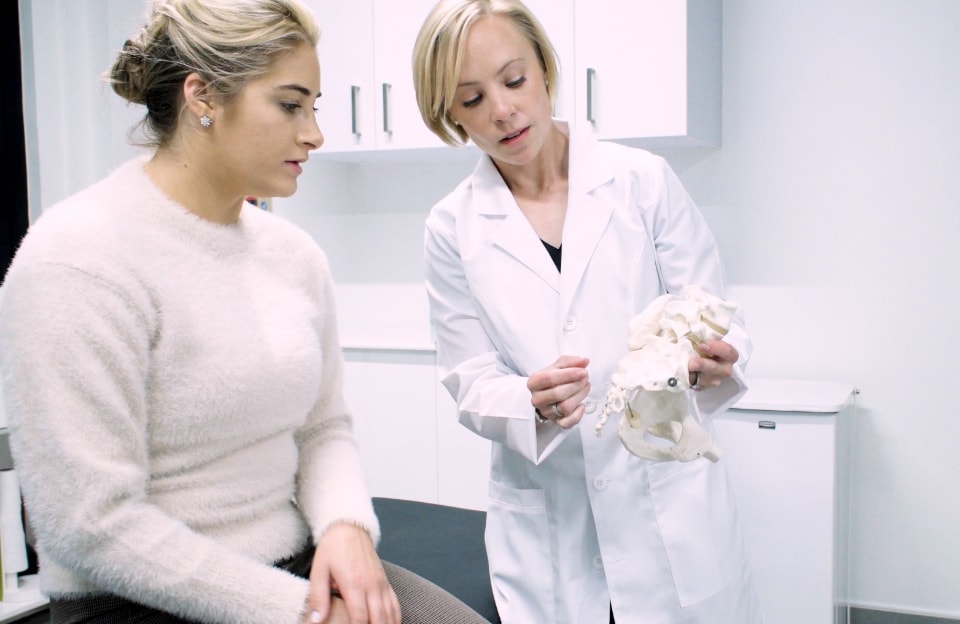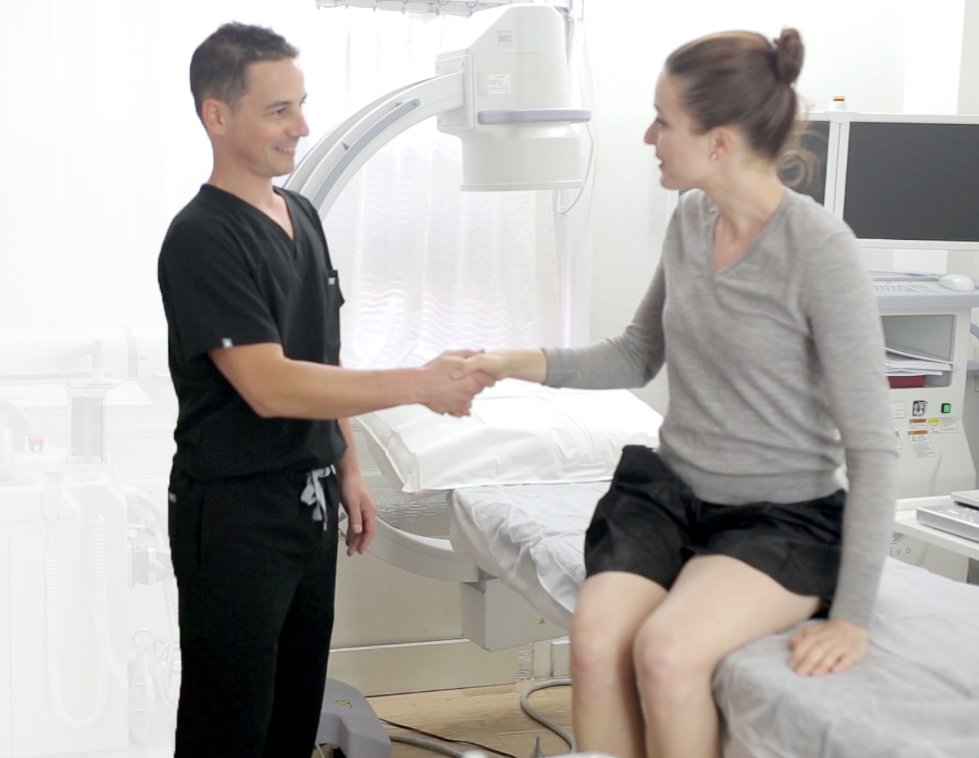What Kind of Doctor Treats Veins? Understanding the Role of a Vein Specialist
When you experience discomfort or notice visible signs of vein issues, such as varicose veins, spider veins, or chronic venous insufficiency, it’s important to know who to turn to for proper care. The question many people ask is: "What kind of doctor treats veins" In this article, we’ll explore the different specialists who treat vein-related conditions, highlighting the importance of choosing the right expert for your needs.
What Is a Vein Specialist Called?
A vein specialist is commonly referred to as a phlebologist or a vascular specialist. Phlebologists are doctors who specialize in diagnosing and treating vein-related disorders, focusing primarily on the veins of the legs. They are trained to handle conditions such as varicose veins, spider veins, and more complex venous issues like venous ulcers and deep vein thrombosis (DVT).
Alternatively, vascular specialists, or vascular surgeons, have broader expertise in the blood vessels, including arteries and veins. Vascular surgeons can treat a wider range of vascular issues, from minor vein problems to life-threatening conditions like aneurysms or blocked arteries. The right doctor for you will depend on the severity of your vein concerns and the nature of the treatment you need.

How Do Vein Specialists Help You?
Vein specialists play a crucial role in both cosmetic and medical treatments for vein problems. Whether your goal is to improve the appearance of your legs or address more serious venous issues, a vein doctor will provide a tailored treatment plan based on your condition.
Diagnosis
The first step in treating vein problems is proper diagnosis. A vein specialist will conduct a thorough assessment, which may involve:
- Physical Examination: The doctor will examine the veins in your legs or other affected areas, looking for signs of varicose veins, spider veins, swelling, or other vascular problems.
- Ultrasound: An ultrasound is often used to get an in-depth look at the veins. It helps the doctor evaluate blood flow, identify blocked or malfunctioning veins, and assess the severity of the condition.
Once diagnosed, the vein specialist will recommend a course of treatment based on your specific condition.
Treatment Options
Vein specialists provide various treatments, from minimally invasive procedures to more extensive surgeries. Here are some common treatments:
- Sclerotherapy: This procedure involves injecting a solution into the affected veins, causing them to collapse and fade. It’s commonly used to treat spider veins and smaller varicose veins.
- Endovenous Laser Therapy (EVLT): EVLT uses laser energy to heat and close off problematic veins. It’s often recommended for larger varicose veins and can be done under local anesthesia.
- Radiofrequency Ablation (RFA): This method involves using radiofrequency energy to heat and collapse the vein. It’s a popular option for treating varicose veins and provides a less invasive alternative to surgery.
- Ambulatory Phlebectomy: This is a surgical procedure where the vein specialist removes varicose veins through small incisions in the skin. It's typically used for large, bulging veins.
- Vein Stripping: In more severe cases, vein stripping may be necessary. This involves surgically removing the damaged vein.
The vein specialist will help you understand the pros and cons of each treatment, ensuring you choose the best approach for your lifestyle and health needs.

When Should You See a Vein Specialist?
Knowing when to consult a vein doctor is vital for both early intervention and effective treatment. While some vein problems, like spider veins, are primarily cosmetic and cause minimal discomfort, others can lead to more serious complications.
You should see a vein specialist if:
- You experience pain, swelling, or heaviness in your legs, particularly after standing for long periods.
- You notice visible varicose veins or spider veins that are becoming more pronounced.
- You have a family history of venous problems or other vascular conditions.
- You notice skin discoloration, ulcers, or open sores on your legs, which may indicate poor circulation or venous insufficiency.
- You experience any symptoms of deep vein thrombosis (DVT), such as redness, warmth, or swelling in one leg, as this is a serious condition requiring immediate medical attention.
A What is a Vein Specialist Called can assess your symptoms and determine whether further intervention is necessary to prevent more severe health issues.
Benefits of Seeing a Vein Specialist Early
Seeking the help of a vein specialist early can provide numerous benefits:
- Prevention of Progression: Early treatment can stop vein issues from worsening, helping to avoid complications like ulcers, bleeding, or blood clots.
- Improved Appearance: For cosmetic concerns, treatments like sclerotherapy and laser therapy can improve the appearance of your legs and boost self-esteem.
- Relief from Symptoms: Many vein treatments alleviate symptoms such as pain, swelling, and fatigue, leading to better mobility and quality of life.
- Minimally Invasive Procedures: Most vein specialists offer minimally invasive treatments that require little downtime, allowing you to resume daily activities quickly.
Conclusion
In summary, when considering "what kind of doctor treats veins," the answer typically points to a phlebologist or a vascular specialist. These professionals are specifically trained to diagnose and treat vein issues, ranging from minor cosmetic concerns to serious venous diseases. By understanding the role of a vein specialist and seeking treatment early, you can ensure your vein health is well-managed and enjoy a better quality of life. If you're experiencing vein-related symptoms, consulting a vein specialist is an important step toward finding the right solution for your condition.
Comments
Post a Comment